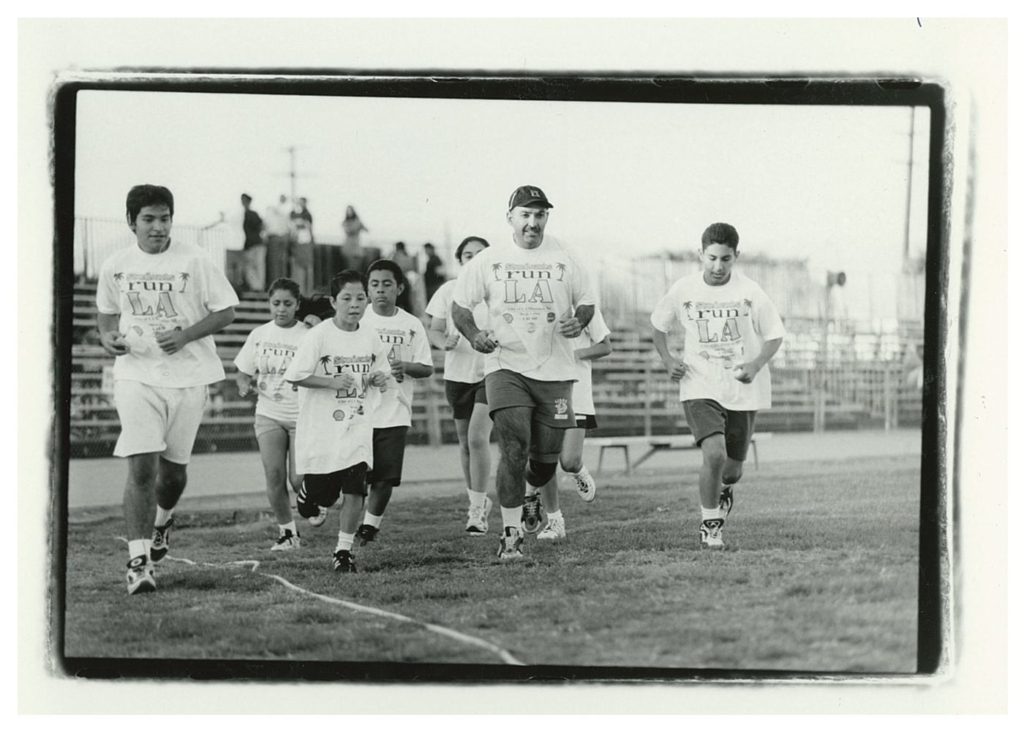Independent Sector’s members represent the variety of ways that working toward the common good happens in our country, and they reflect an array of visions for making a better tomorrow. Each month, we get to ring in a number of member-versaries, but some anniversaries are so big that they deserve a special celebration. This summer marked 25 years of IS membership for The California Wellness Foundation, based in Los Angeles, CA. We talked with Fatima Angeles, vice president of programs, who has been with The California Wellness Foundation for 21 years. Fatima started at Cal Wellness as a program director, and shared with us a bit about what both she and the foundation have learned over the years.
IS: The California Wellness Foundation joined IS in 1994. What would you think has changed the most over the history of The California Wellness Foundation? What do you think has stayed most constant?
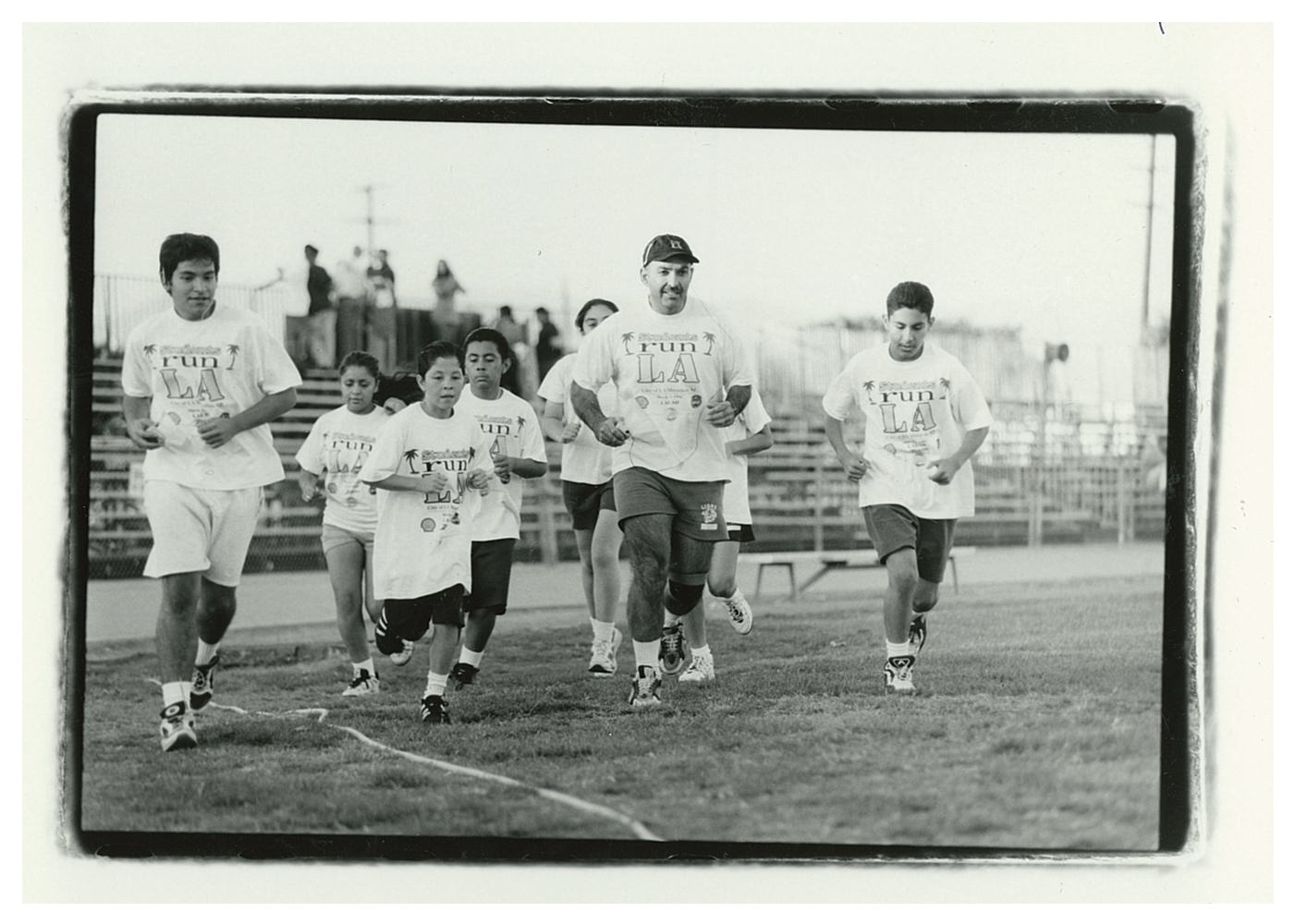 FA: The biggest overall shift has been in our grantmaking style. When I started, grantmaking was determined by the goals that Cal Wellness’ leadership identified – they picked partners and worked with them. In this vein, Cal Wellness used a leadership-driven strategy to think deeply about issues we cared about and used the foundation’s voice to craft a response. It became clear that California Wellness was concentrating its grantmaking resources in too few organizations. Cal Wellness used this as a moment of reflection to look outside of the organization at different grantmaking structures and decided around 2000 that it was most appropriate to shift our grantmaking style away from initiative-based funding and become more open and responsive in our grantmaking. Cal Wellness was now “open for ideas” to guide applications. Through this shift, Cal Wellness decided to move away from largely funding projects to offering core operating support. We believed that core operating support was needed for organizations to truly move towards their mission. This shift also decreased stress on grantees, and we started requiring annual reports rather than quarterly reports. Overall, we eased up on grantees and stayed more out of their way.
FA: The biggest overall shift has been in our grantmaking style. When I started, grantmaking was determined by the goals that Cal Wellness’ leadership identified – they picked partners and worked with them. In this vein, Cal Wellness used a leadership-driven strategy to think deeply about issues we cared about and used the foundation’s voice to craft a response. It became clear that California Wellness was concentrating its grantmaking resources in too few organizations. Cal Wellness used this as a moment of reflection to look outside of the organization at different grantmaking structures and decided around 2000 that it was most appropriate to shift our grantmaking style away from initiative-based funding and become more open and responsive in our grantmaking. Cal Wellness was now “open for ideas” to guide applications. Through this shift, Cal Wellness decided to move away from largely funding projects to offering core operating support. We believed that core operating support was needed for organizations to truly move towards their mission. This shift also decreased stress on grantees, and we started requiring annual reports rather than quarterly reports. Overall, we eased up on grantees and stayed more out of their way.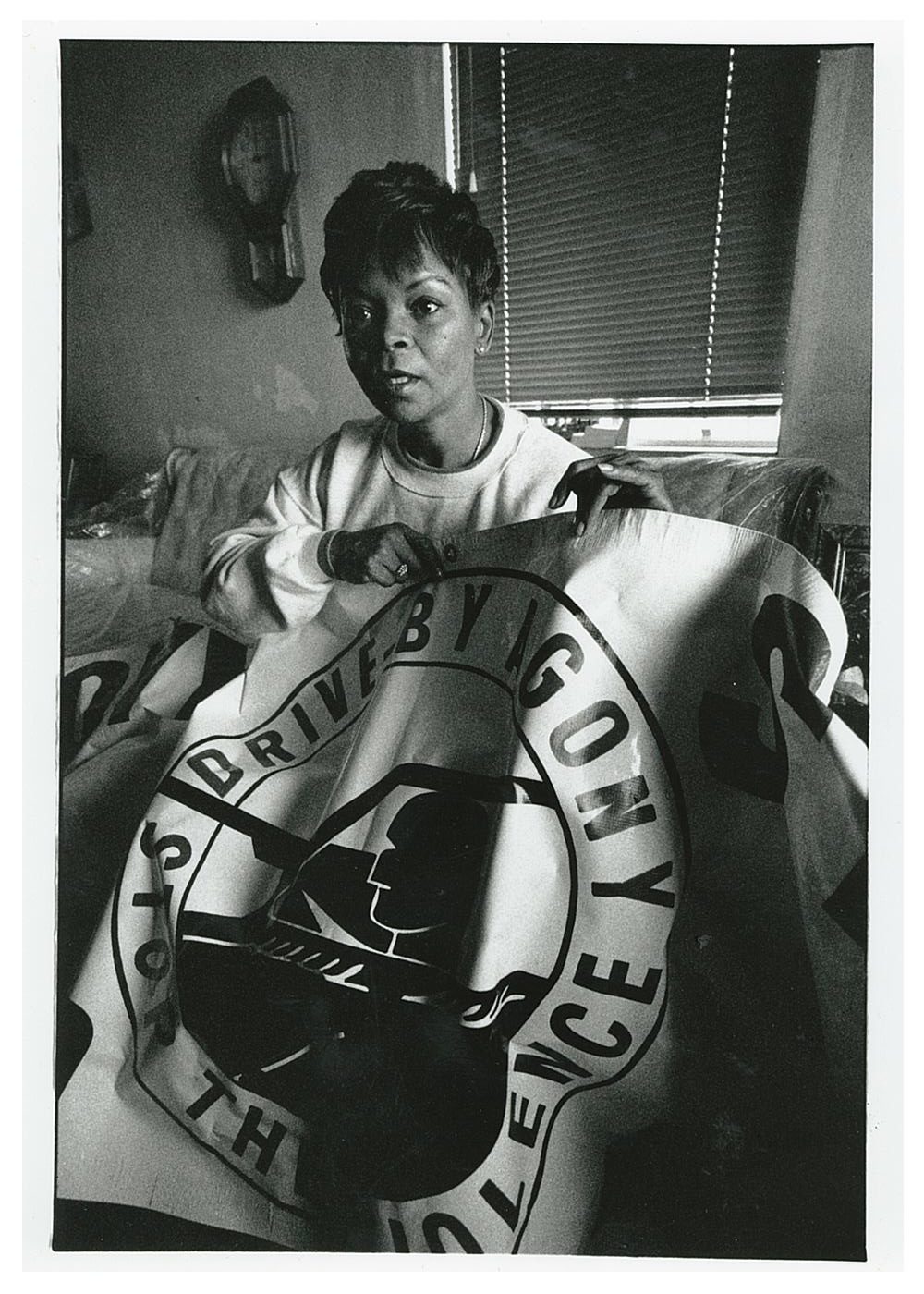
In terms of what has stayed the same, Cal Wellness has always been a foundation committed to mission and values that advance health. We always funded direct services and public policy – we always felt there was a necessity for direct service to address immediate needs and a space for policy to address long-term issues. And an issue area that Cal Wellness has remained committed to addressing is community violence as a public health issue. Although, there have been shifts because of the ways violence has changed in California. When we started, California was considered a “gang capital”; but since then California has cut gun-related violence significantly, and while gun violence is still an important issue that we are committed to, our funding has followed that shift as policy opportunities have changed in this area in response to changes in the state.
IS: Is there a hero or champion of your work in the organization’s history that you’d like to recognize?
FA: Our former President and CEO, Gary Yates – he shaped the identity of the foundation. He wanted a board and staff that reflected California. Even back in 1992, but continuing to now we have one of the most diverse boards and staff. Our approach to grantmaking – service leadership, the way we regard our partners — he laid that foundation.
I also want to recognize our current CEO, Judy Belk. In her years here since she joined Cal Wellness in 2014, she really has taken us to the next level. We do more to lend our voice and the reputation of our foundation. Judy is a gifted speaker and writer. She has invested heavily in our public affairs and communications work. We mobilize behind the changes that we want to see happen.
IS: Over the time that The California Wellness Foundation has been a member of IS, is there a connection you have made or an event, resource, or learning you have found through your membership that has been especially meaningful?
FA: What we value most about IS are the conferences [now Upswell]. Gary Yates was a huge fan of IS and being part of the conference. At the conferences, this is the only time the entire sector can come together. It is a special space. We see the conferences [now Upswell] as high value because of that.
We also value the writing, the reports, the blogs provided by IS. It informs the way we do our work. It helps build our knowledge base. It helps us see things in a different light. We always want to be better grantmakers.
IS: What is something from the 90s that you miss? What’s something from that time that you don’t miss?
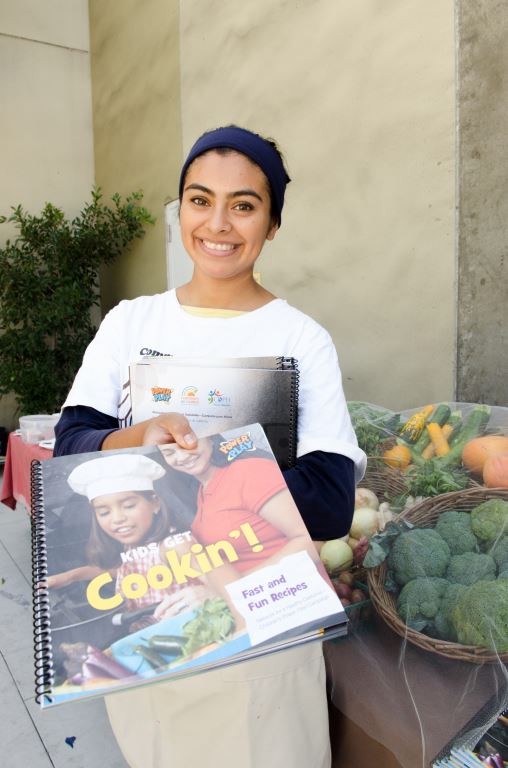 FA: I just have to say, I have not seen things look so bleak until now. I haven’t seen our grantees look so frightened and exhausted. However, I’m encouraged by the alliances, power building, and urgency around leadership development because of these challenges. There is sharper social and political analysis. People are coming together and working together. I’m excited to see a clear consciousness about racism that would not have happened in the 90s that is happening today.
FA: I just have to say, I have not seen things look so bleak until now. I haven’t seen our grantees look so frightened and exhausted. However, I’m encouraged by the alliances, power building, and urgency around leadership development because of these challenges. There is sharper social and political analysis. People are coming together and working together. I’m excited to see a clear consciousness about racism that would not have happened in the 90s that is happening today.
I do not miss faxes. We had to sometimes fax financial documents or get faxes from grantees. I also don’t miss the time before we had GPS. Years ago when I had to do site visits – I had to use maps and I often got lost!
IS: What’s coming up for The California Wellness Foundation in the near future that you are most excited about? What opportunities and challenges do you see on the horizon for the broader charitable community that could affect your work?
FA: I’m both concerned and excited about 2020. The census is happening… Excited, because we know a lot more than we did four years ago, and worried because of the concerns of our grantees.
I’m excited about a trend around real cost grantmaking. We’re a big core support funder, so we get this. It is rare that foundations fund for the outcome. This weird expectation that nonprofits will turn a profit is magical thinking – so I’m excited about real cost funding.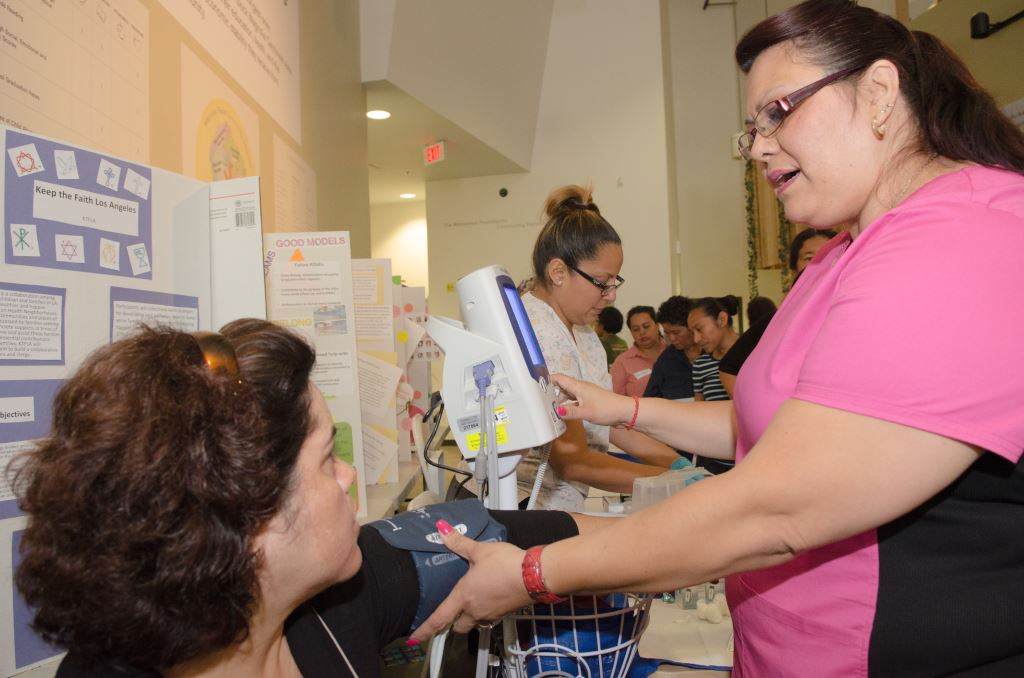
I’m excited about philanthropy getting a little more woke and funding anti-racism work and narrative communication so we can continue to change the way we talk about communities of color and how we talk about these issues. I’m excited there’s an openness about bringing race to the forefront. I’m excited about what we do here at Cal Wellness.
Learn more about The California Wellness Foundation at calwellness.org and at @CalWellness.
Visit Independent Sector’s members page to learn more about our members.
